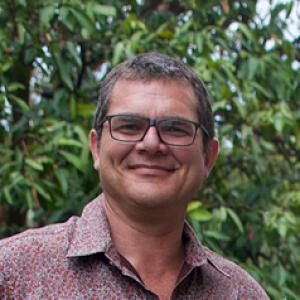Well suited to first year courses, this task introduces students to the process of appropriating and applying specific disciplinary approaches to a mainstream stimulus piece, namely a feature film. In a 2000 word essay, student use a feature film nominated by the course coordinator to demonstrate an understanding of theories and concepts taught in the course. Class time is dedicated to discussing the film in concert with the course content. In their essay students further draw upon and integrate insights from their discipline to offer a creative or astute interpretation of the film using examples from the film to demonstrate an understanding of theory. This task aligns particularly well with disciplines that deal in issues of social interest, justice, or ethics, making it highly transferable between and among HaSS Schools. In the case of SOCY1050, this task involves applying Sociological thought, theoretical perspectives and concepts in such a way that allows for a creative interpretation of the film whilst reinforcing threshold concepts. That is, there are numerous ways that students may choose to interpret elements of the film and apply concepts and theory at various levels. This is an especially engaging way to introduce entry level undergraduates to higher level disciplinary analysis; encourage lateral thinking in applying otherwise challenging theory; and showcasing the relevance of disciplinary approaches to matters of contemporary interest.



